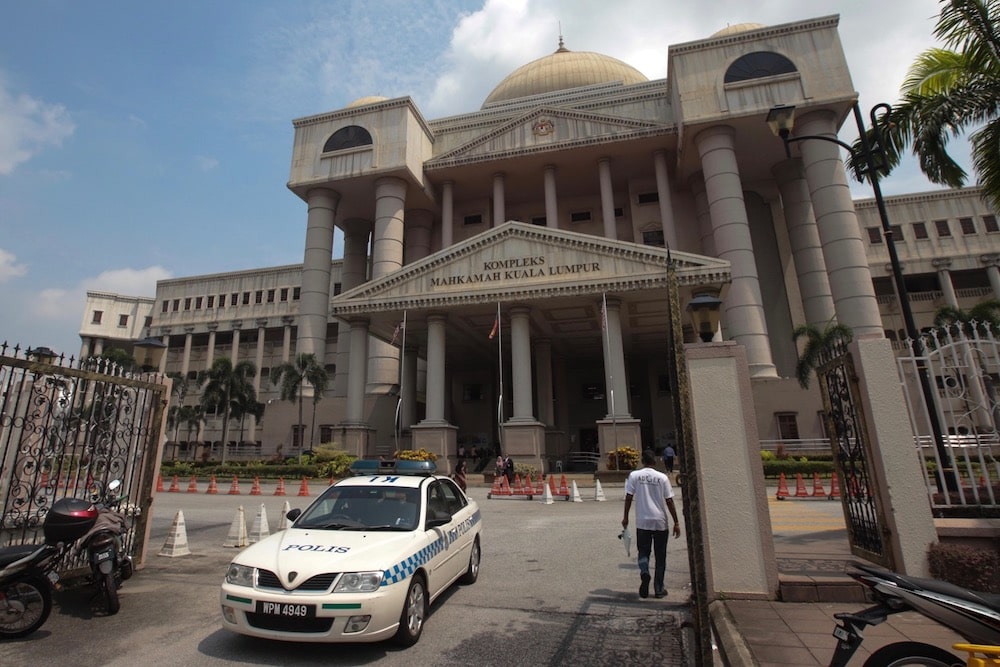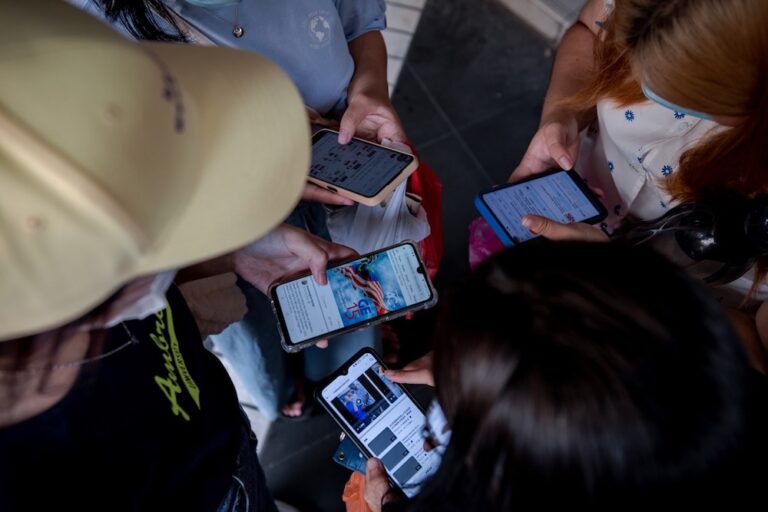ARTICLE 19 warns that the introduction of penalties may lead to arbitrary restrictions on the freedom of expression.
This statement was originally published on article19.org on 13 July 2023.
Today, on 13 July, a Minister in the Prime Minister’s Department (Law and Institutional Reform), Azalina Othman Said, explained that the government is considering a new law to impose civil penalties for inciting discord concerning the 3Rs (race, religion and royalty). The introduction of such penalties may lead to arbitrary restrictions on the freedom of expression. Tackling the legitimate concerns of hate speech requires a whole of society approach of dialogue, education, and tolerance, rather than solely relying on laws and punitive measures which should only be reserved for the highest threshold of hate speech, said ARTICLE 19.
Malaysia has a responsibility to protect freedom of expression, ensuring that individuals can express their ideas, challenge power structures, and hold those in power accountable without fear of retribution. It is through fostering an environment that encourages free expression in a safe space, that a balance can be achieved that upholds both freedom of expression and social harmony. However, as ARTICLE 19 has previously noted, the government has declared that any speech critical of the 3Rs will not be tolerated and has regularly arrested, investigated, and charged individuals for expression deemed critical or questioning of the 3Rs.
Proportionate restrictions on expression may be necessary to prevent speech that incites discrimination, hostility or violence on the basis of race or religion, but any restrictions on the right to freedom of expression must meet the strict requirements of legitimacy, legality, and necessity and proportionality. Amid a climate of arbitrary restrictions on vaguely defined speech, the introduction of additional civil penalties raises concerns about the failure to adhere to international law.
Censorship, especially when it occurs online, can have far-reaching implications, stifling creativity, limiting critical thinking, and narrowing the boundaries of acceptable dialogue. Restricting discourse does not resolve religious and racial tensions. It is important that the government of Malaysia protects expression and promotes positive policy measures to nurture dialogue and promote understanding between diverse communities through a comprehensive approach.
“In the quest to address religious and racial tensions, one truth remains undeniable: relying solely on legislative measures to maintain public harmony and peace is an exercise in futility,” said Senior Malaysia Programme Officer at ARTICLE 19, Nalini Elumalai. “It is imperative that the government of Malaysia embraces a forward-thinking approach that not only protects freedom of expression but also dismantles the deep-seated hate rooted in discrimination as a means of tackling race and religious issues.”
“Blanket restrictions on expression can lead to the suppression of dissenting voices and undermine the very foundations of a democratic society,” said Nalini.



